Major General Dr. Nasser Saeed al-Hajr, Vice-Chairman of the National Counter-Terrorism Committee, led the delegation from Qatar that attended the conference. Dr. Mutlaq bin Majed al-Qahtani, Special Envoy of the Qatari Foreign Minister for Counterterrorism and Conflict Mediation, also attended as a member of the committee.
Qatar participated in the United Nations Global Conference on Victims of Terrorism, held on September 8 and 9, at the United Nations Headquarters in New York, in the presence of high-level officials from United Nations Member States, a number of victims of terrorism and representatives of victims’ associations from various countries. around the world.
The delegation of Qatar participating in the conference was headed by Major General Dr Nasser Saeed al-Hajr Vice-Chairman of the National Counter-Terrorism Committee with member of the committee HE Dr Mutlaq bin Majed al-Qahtani, Special Envoy of the Foreign Minister of Qatar for Counterterrorism and Mediation of Conflict Resolution, attending as a member. HE al-Hajri reiterated Qatar’s condemnation and denunciation of terrorism in all its forms and manifestations, and its rejection of all acts of terrorism as criminal acts that cannot be justified, regardless of their motives, wherever committed and whoever perpetrated them. He also reiterated the Qatar’s commitment to strengthening international co-operation to prevent and combat terrorism through an integrated holistic approach.
HE al-Hajri pointed out that terrorism causes great and long-term pain and suffering to its victims, their families and communities, expressing Qatar’s strong solidarity with the victims of terrorism everywhere. He stressed that the international community has a duty to remember the victims and survivors of terrorism, promote their rights and preserve their dignity, and provide them with the support they need to meet their requirements, including medical, psychological, legal and material support, providing them with means of recovery, resilience and access to their legal rights.
In this regard, HE al-Hajri affirmed that these rights come in accordance with obligations under international law and applicable domestic law, in particular, the recognition of human rights guaranteed to women and children who are victims. He saw this as a moral imperative, as well as an integral part of effective counter-terrorism efforts, especially given the role that victims can play in counter-terrorism and in criminal justice.
He pointed out that Member States committed themselves in the United Nations Global Counter-Terrorism Strategy to considering the development of national systems to provide assistance to meet the needs of victims of terrorism and their families and to facilitate the return to their normal course of life, noting that the General Assembly, in the recent review of the global strategy, encouraged Member States to provide support and appropriate assistance to victims.
HE al-Hajri said: “From this standpoint, caring for the victims of terrorism is a priority that the State of Qatar attaches to combating terrorism, especially since supporting the victims is in line with its values in upholding human rights and dignity and providing humanitarian assistance to those in need, and this support is in line with the State of Qatar’s keenness to establishing justice. ensuring accountability and preventing impunity.”
In this regard, the Deputy Chairman of the National Counter-Terrorism Committee referred to the support provided by Qatar to the United Nations team to enhance accountability for crimes committed by ISIS, and said that Qatar is one of the funders of the global program to support victims of terrorism, pointing to the annual support presented by Qatar to support the strategic initiatives of the United Nations Office of Counter-Terrorism.
In the same context, HE al-Hajri welcomed the achievements of the global program to support victims of terrorism, in the areas of awareness, policies, coordination and technical assistance, making the voices of victims of terrorism heard and enhancing their role in preventing and combating violent extremism, referring to the multiple activities of the program including both organising of annual celebrations to mark the International Day of Remembrance and Tribute to the Victims of Terrorism, coordinating the establishment of a group of friends of victims of terrorism, facilitating the development of model brochures and legislative provisions for victims of terrorism, establishing the online portal to support victims of terrorism, as well as the global network of victims, leading to the important conference that We participate in it today.
He also pointed out that the “Programs Office on Parliamentary Participation in Preventing and Combating Terrorism” hosted by Doha with the support of the Shura Council in Qatar is working on goals, including facilitating the development of legislative models to activate the role of parliaments in a number of related areas, including the rights of victims of terrorism. He stated that issues related to victims of terrorism were among the themes of the first forum for beneficiaries of technical assistance organised by Qatar and the United Nations Office of Counter-Terrorism in Doha last March, pointing to the affirmation that counter-terrorism strategies take into account the participation of civil society organisations, including victims associations and the victims themselves, to ensure a perspective focusing on them.
He noted that Qatar is one of the founding nations of the Group of Friends of Victims of Terrorism within the framework of multilateral action in support of victims of terrorism and that it is one of the primary sponsors of draft resolution 73/305 entitled: “enhancement of international cooperation to assist victims of terrorism,” referring to its inclusion in the list of nations submitting to the draft General Assembly resolution 72/165 entitled “International Day of Remembrance.”


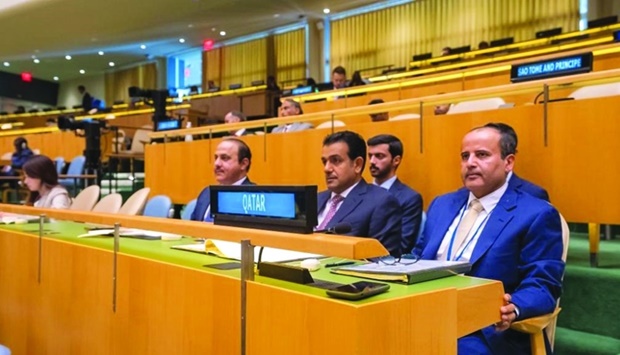
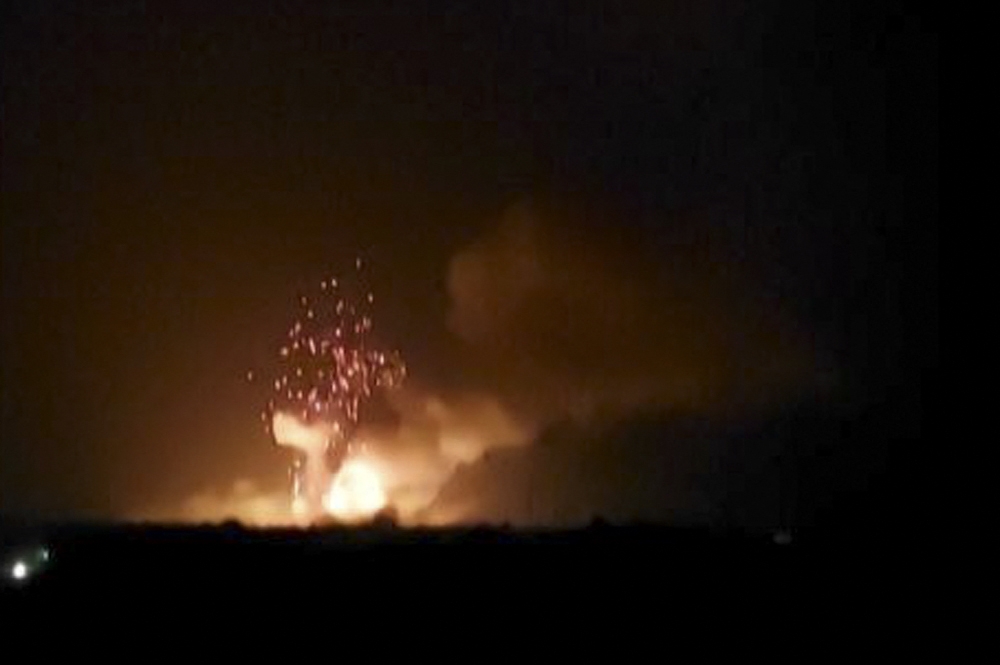

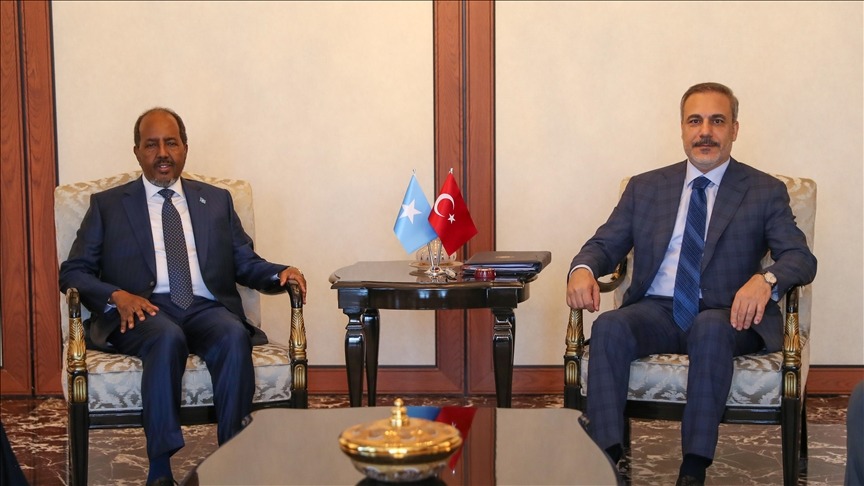
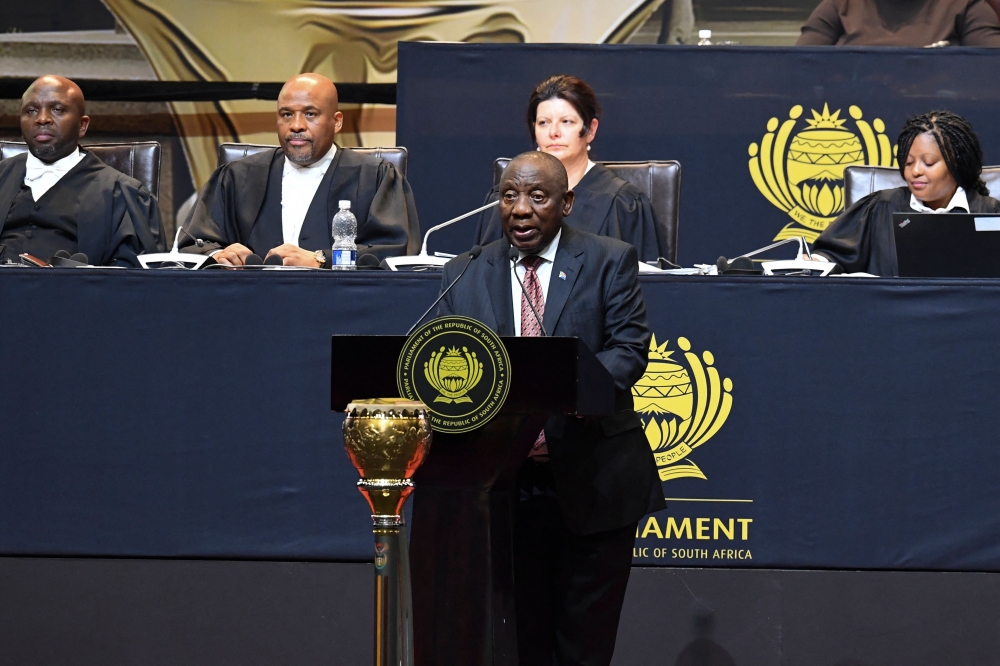

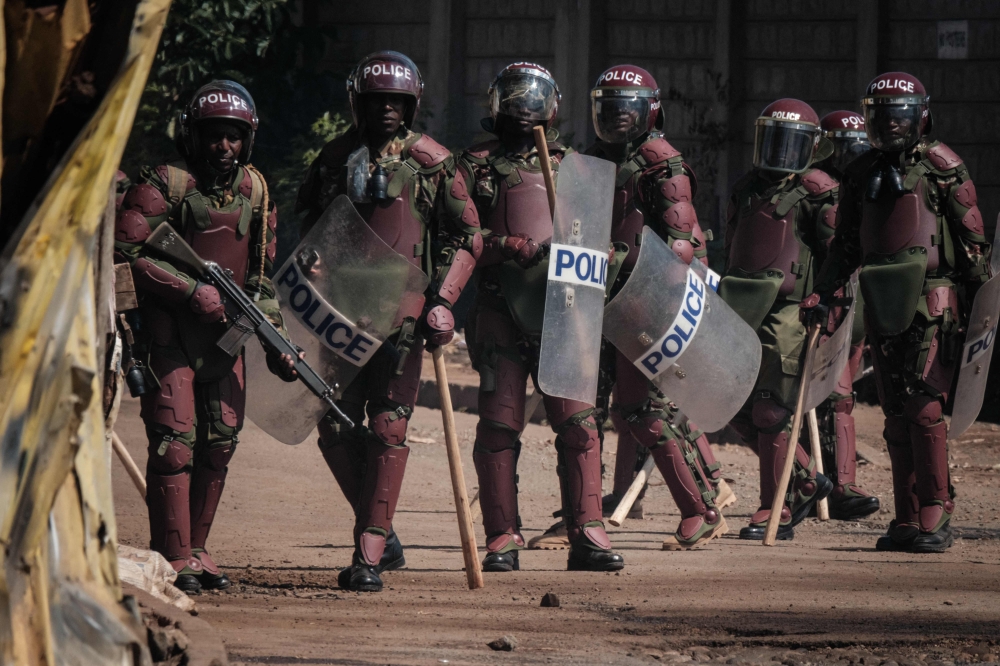



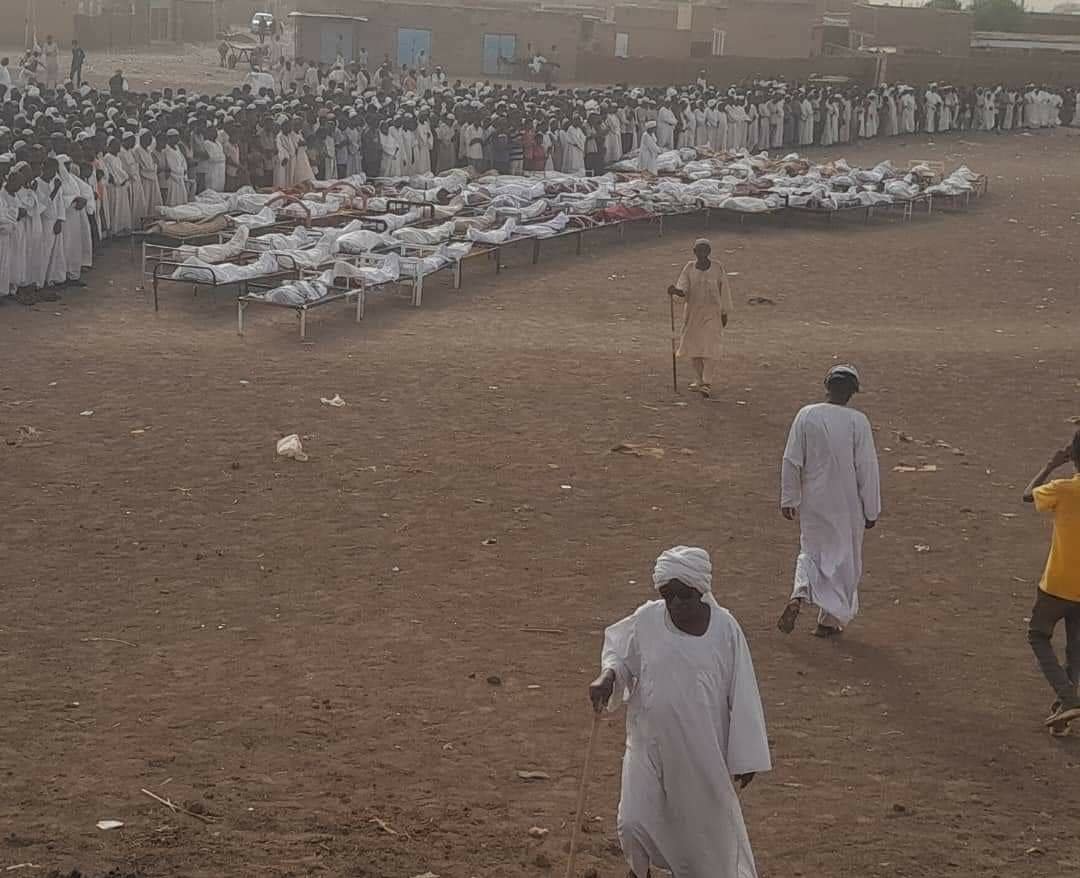




Leave a Reply